Photo by: Pixabay user Free-Photos
Producing and burning fossil fuels creates air pollution that harms our health and generates toxic emissions that drive climate change.
From the electricity that lights our homes to the cars we drive to work, modern life was built on fossil fuels like coal, oil and natural gas. But burning them creates climate change and releases pollutants that lead to early death, heart attacks, respiratory disorders, stroke, asthma, and absenteeism at school and work. It has also been linked to autism spectrum disorder and Alzheimer’s disease.
Research from Harvard University, in collaboration with the University of Birmingham, the University of Leicester and University College London, found that more than 8 million people died in 2018 from fossil fuel pollution, significantly higher than previous research suggested—meaning that air pollution from burning fossil fuels like coal and diesel was responsible for about 1 in 5 deaths worldwide.
Each year, our team contributes to the Lancet Countdown on Health and Climate Change to track the impacts of climate change on human health across 44 indicators around the world. Our research analyzes the health impacts of burning fossil fuels and shows how much we have to gain by ending our reliance on them. Recent research from our Center:
- Identified at least 21 different hazardous air pollutants, as defined by the U.S. EPA, including benzene, toluene, ethylbenzene, xylene, and hexane, in consumer-grade natural gas supplied to Massachusetts.
- Created a new inventory of air pollution impacts from stationary sources over the past decade that shows the negative impacts of burning natural gas and biomass have surpassed coal generation in many states, which is a trend that may continue.
- Conducted the first study to determine that Pennsylvania’s statewide setback regulations for fracking do not prevent setback incidents, and identified the potential risks and exposures for people living near fracking or underground natural gas wells.
- Showed that more people live closer to underground gas storage wells than previously thought. An estimated 20,000 homes and 53,000 people in predominantly suburban areas of PA, OH, WV, MI, NY, and CA live within a city block of active underground natural gas storage wells.
- Developed the science-based case for why it is “appropriate and necessary” for EPA to regulate mercury emissions from the power sector; and why the health benefits of regulation and remaining risks from mercury pollution in the U.S. should be assessed.

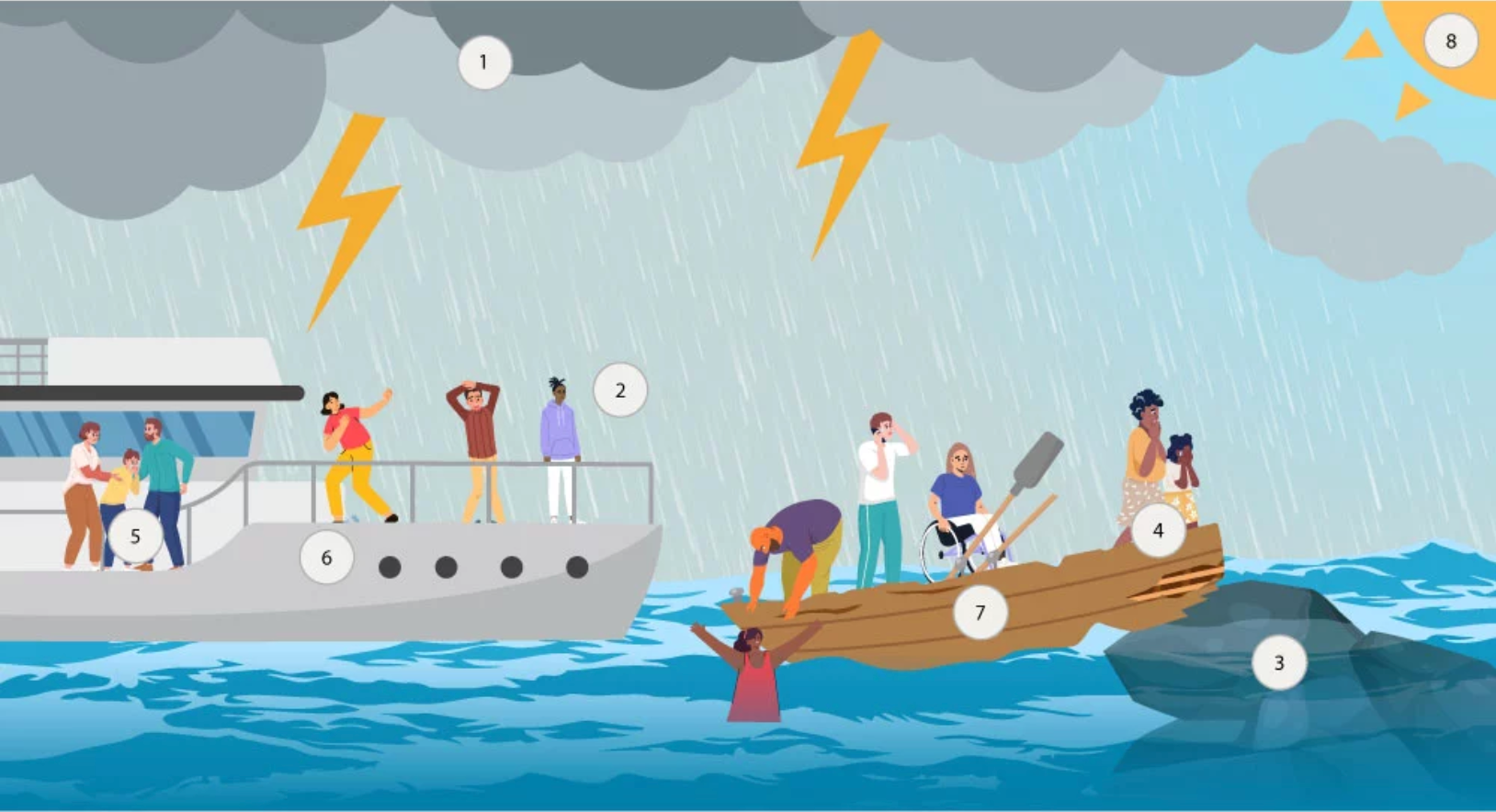
The 2022 Lancet Countdown on Health and Climate Change: Policy Brief for the U.S.
Climate change puts everyone at risk, but policy decisions and industry actions make some communities more vulnerable to the harms of climate change.

Home is Where the Pipeline Ends
Our study is the first to test for health-damaging air pollutants in unburned natural gas where it is used: in our homes.
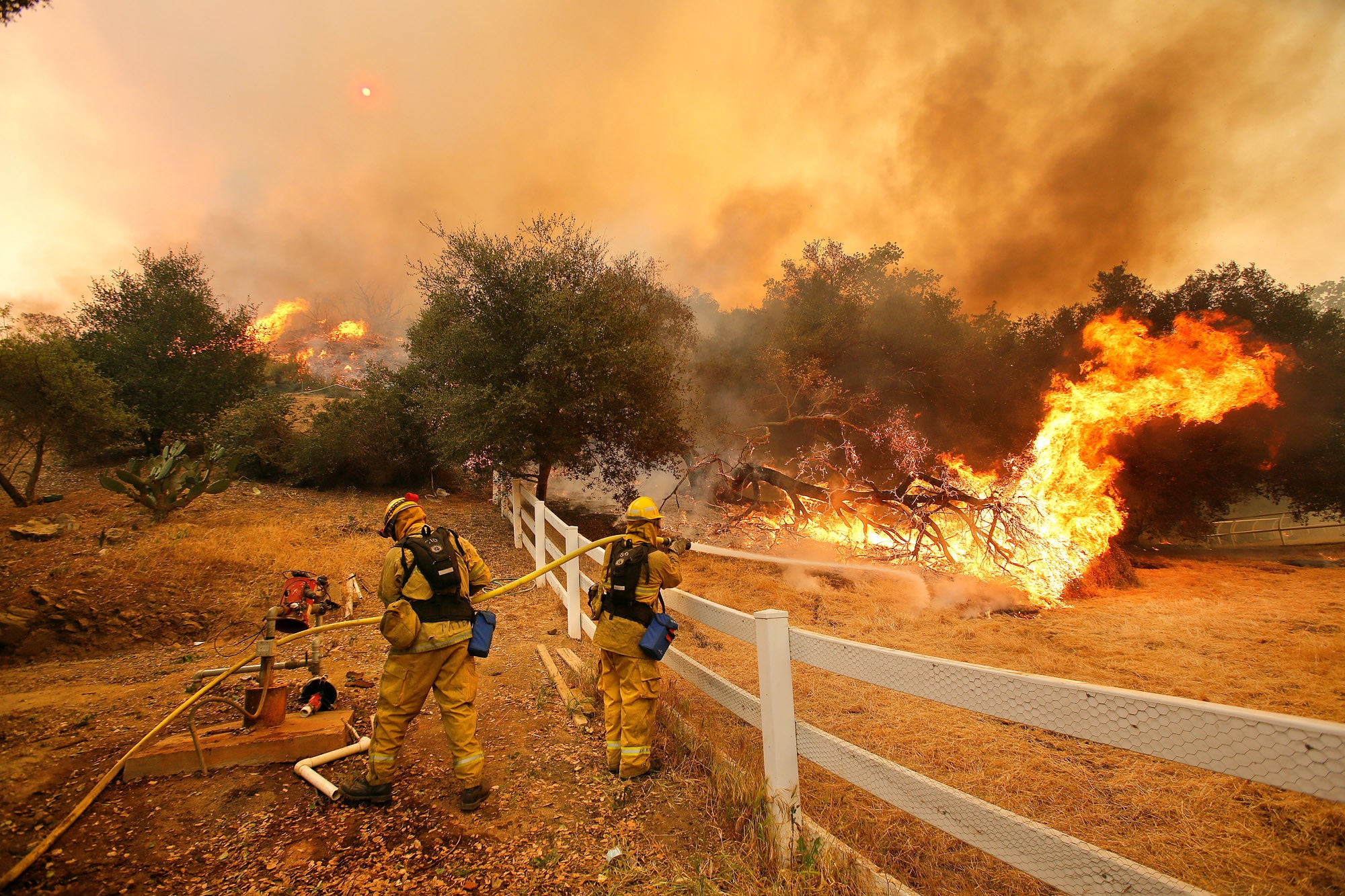
2021 Lancet Countdown on Health and Climate Change: U.S. Policy Report
Our response to climate change must prioritize and optimize health and equity. We can improve health through climate actions that reduce our use of fossil fuels.
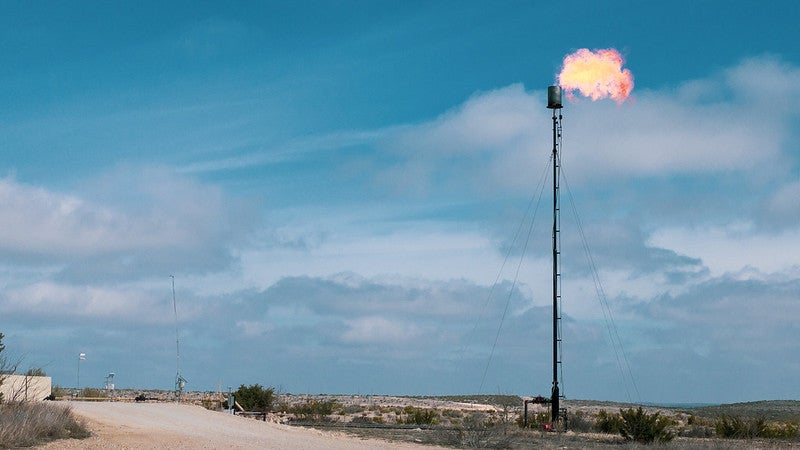
Methane Reductions in the Oil and Gas Sector can Protect Public Health
A literature review examines the last ten years of research on methane and health-damaging air pollutant emissions from the oil and gas industry.
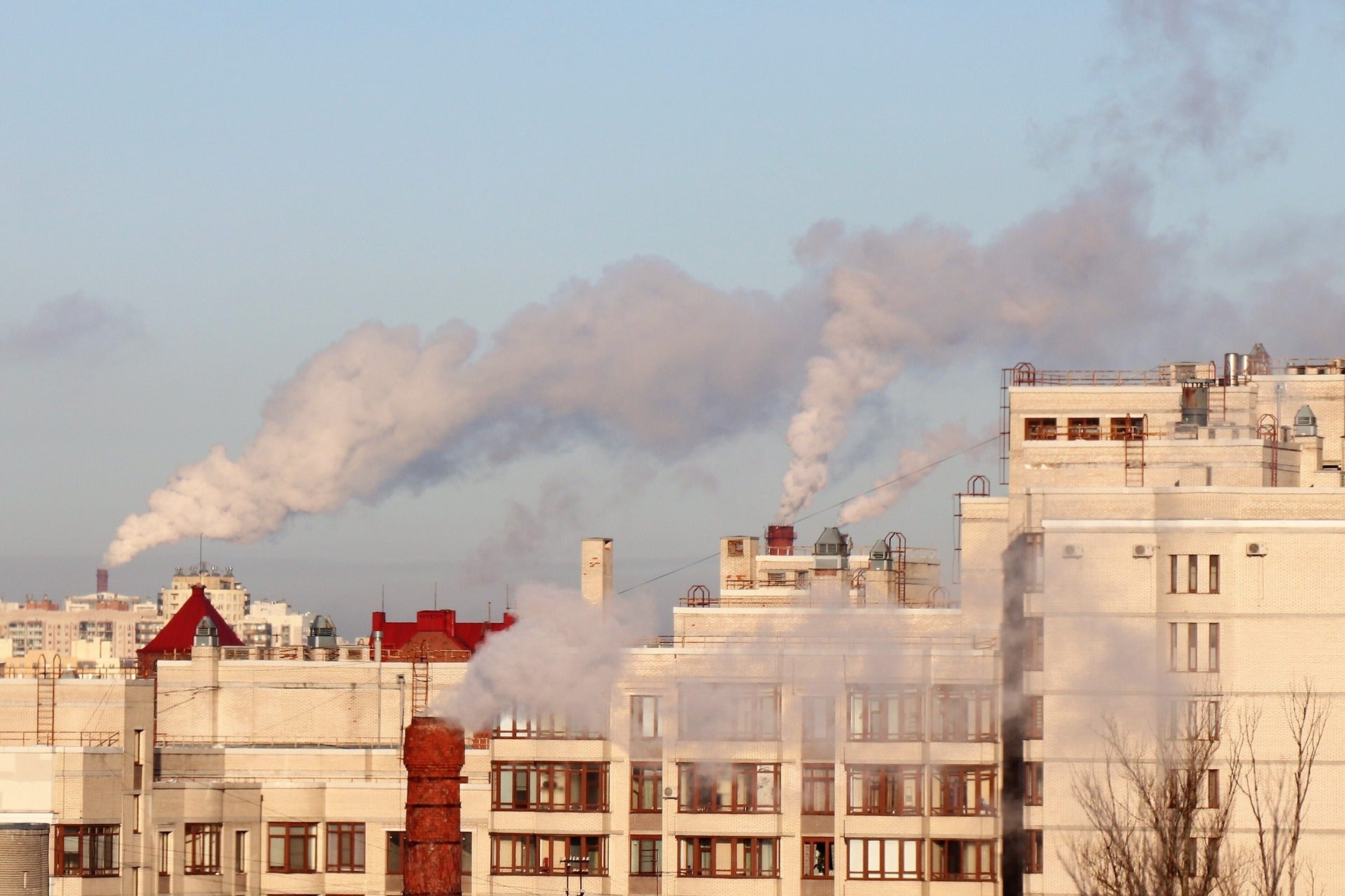
Negative impacts of burning natural gas and biomass have surpassed coal generation in many states
A new inventory of air pollution impacts from stationary sources over the past decade shows this trend may continue.
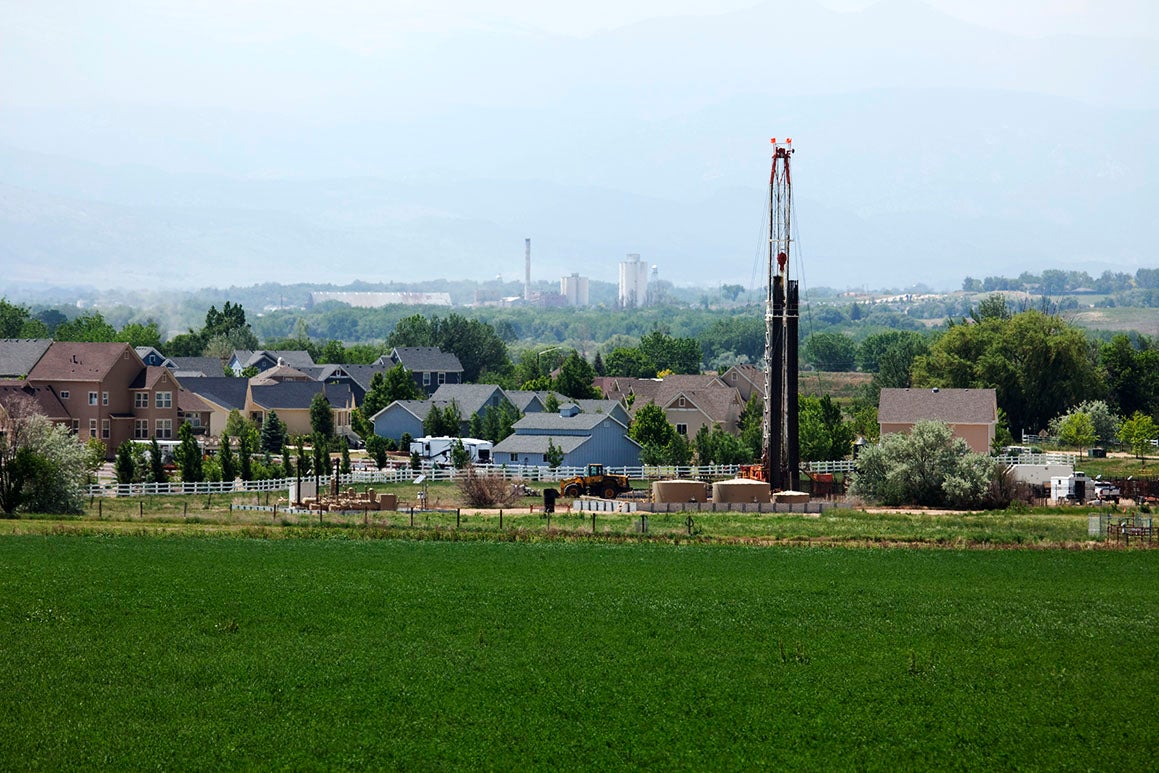
Pennsylvania setback regulations for fracking do not prevent setback incidents
The first study to look at the effectiveness of PA's statewide setback regulations and identify the potential risks and exposures for people living near fracking or UNG wells.
Pollution from fossil fuel combustion deadlier than previously thought
Fine particulate pollution from fossil fuel combustion was responsible for one in five early deaths worldwide in 2018, with vulnerable groups at greatest risk.

Fossil fuel air pollution responsible for 1 in 5 deaths worldwide
New research finds that deaths from fossil fuel emissions are higher than previously thought—more than 8 million people per year, worldwide.

'We Don't Have To Live This Way': Doctors Call For Climate Action
A sprawling analysis published by The Lancet focuses on public health data from 2019, and finds that heat waves, air pollution and extreme weather increasingly damage human health.

Climate Change is Making Us Sick
Our Yerby Fellow Dr. Renee Salas comments on the findings from the 2020 Lancet Countdown report and how climate change is harming our health today.

Doctors Release Their ‘Most Worrying Outlook’ on How Climate Change Is Ruining Our Health
The Lancet Countdown findings show that the Earth is running a fever which is making people sick.
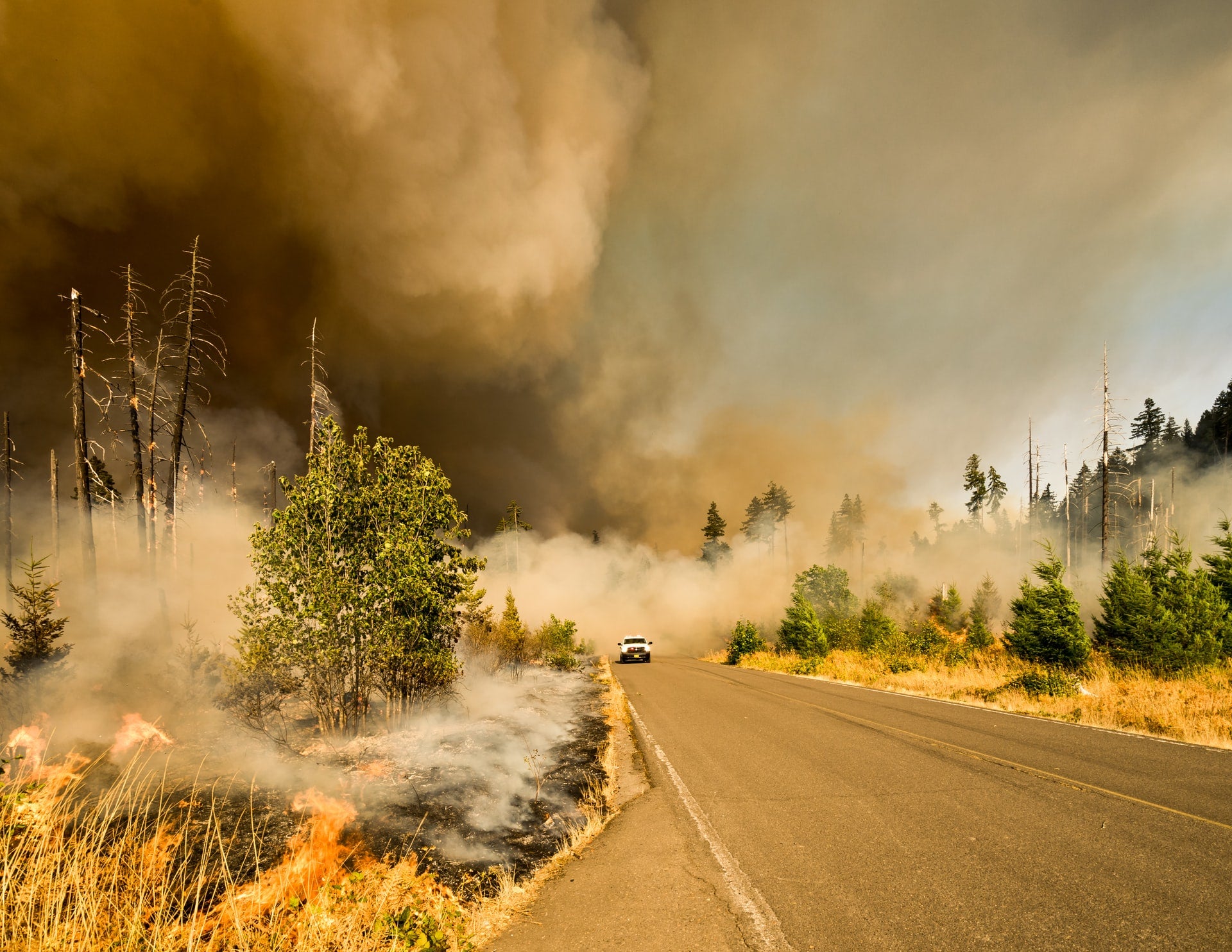
2020 is a ‘preview’ of how bad things can get if we don’t fix climate change, other systemic problems: Lancet report
In the latest Lancet Countdown report, our Yerby Fellow Dr. Renee Salas says the harms of our converging crises — COVID-19, climate disasters, and systemic racism — are a preview of what lies ahead if we fail to urgently make the necessary investments to protect health.

Climate change is already a disaster to health, doctors say
The new Lancet report offers proof that climate change will not only reshape life in the future, but it is actively endangering lives now. Health care providers already see themselves treating a climate crisis.

'We Don't Have To Live This Way': Doctors Call For Climate Action
A sprawling analysis published by The Lancet focuses on public health data from 2019, and finds that heat waves, air pollution and extreme weather increasingly damage human health.
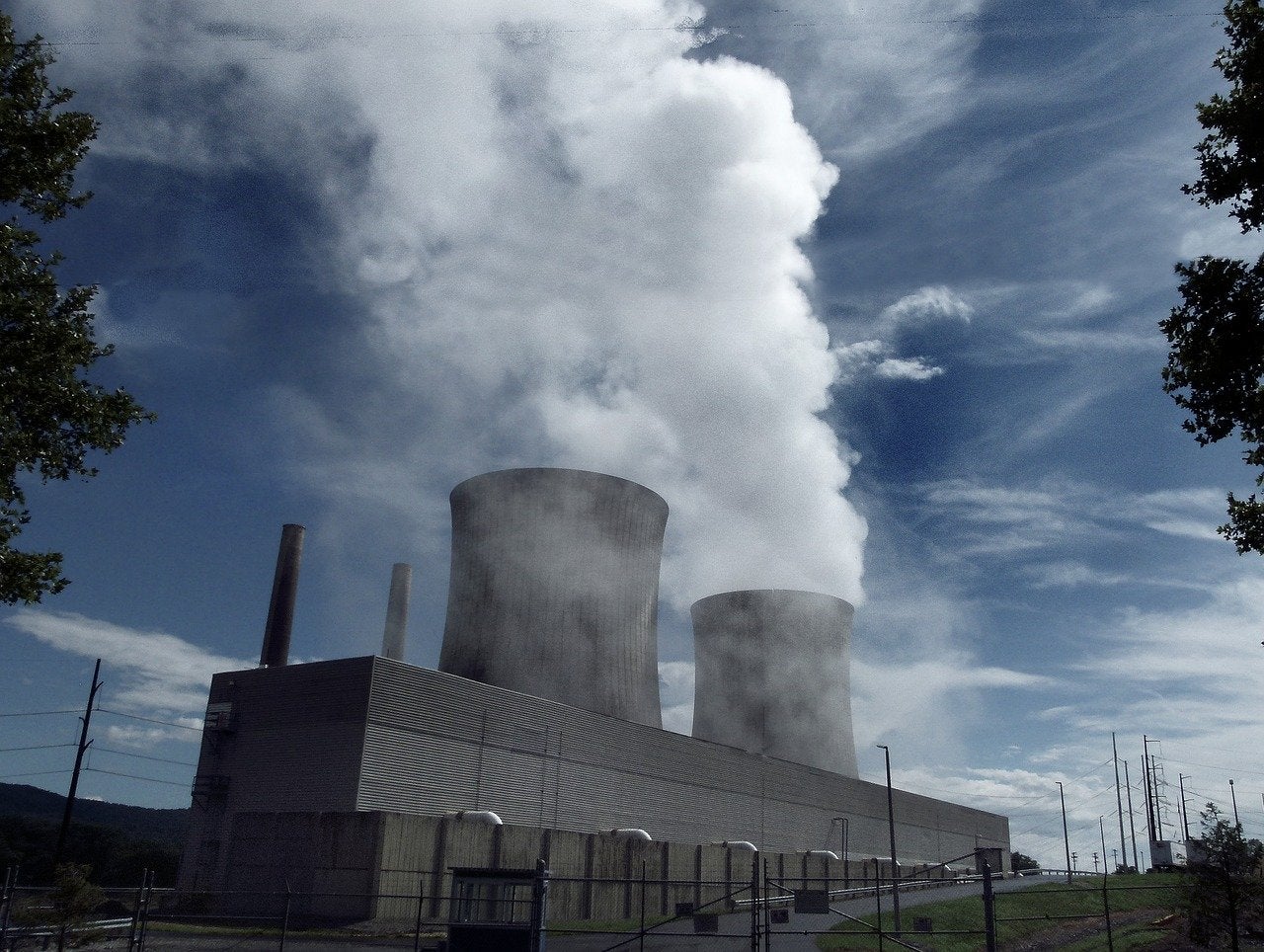
Study: Pittsburgh kids near polluting sites have higher asthma rates
Our Research Scientist Jonathan Buonocore comments on a new study that finds Pittsburgh kids near polluting sites have higher asthma rates
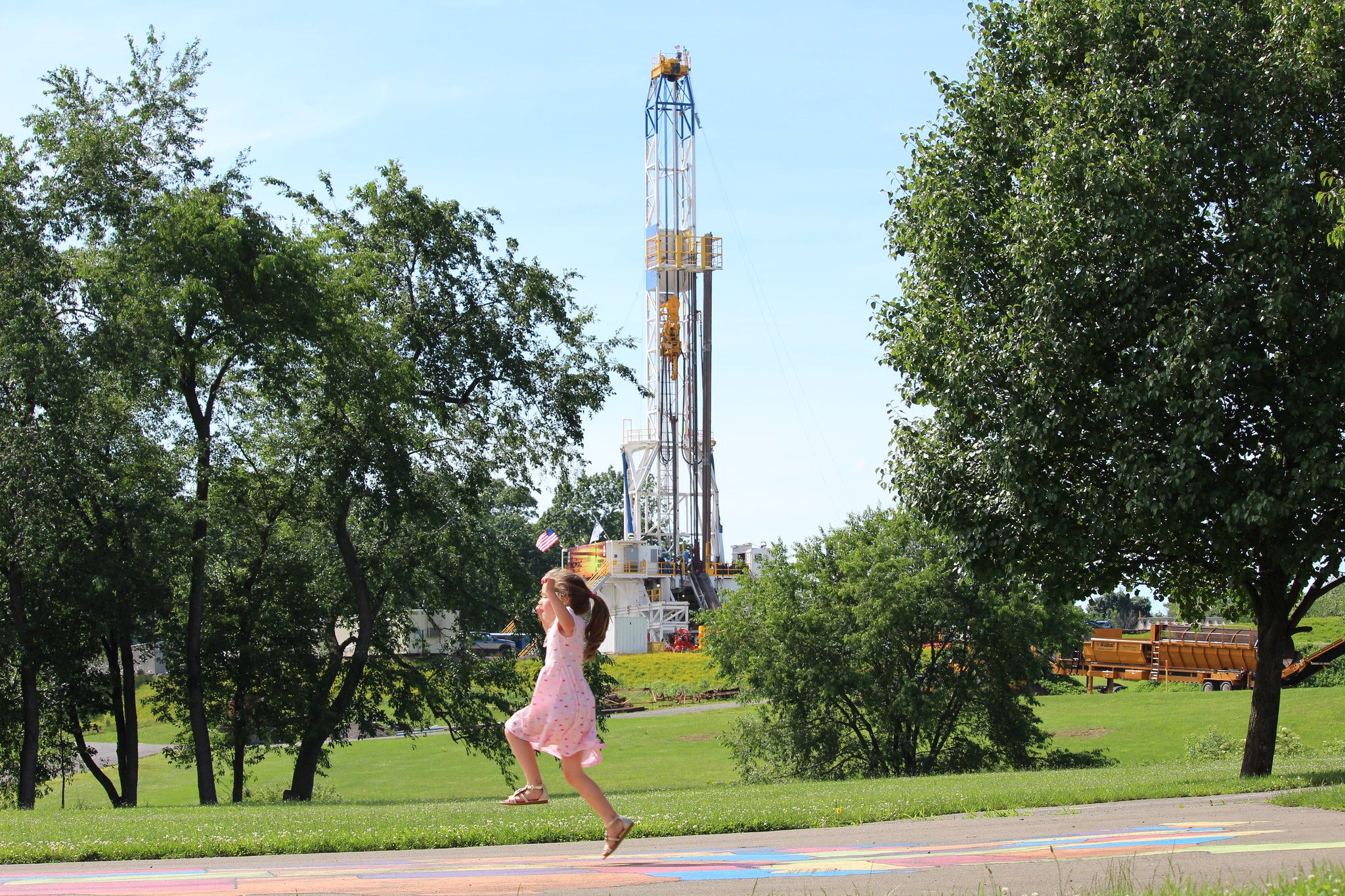
Trump's EPA rewrote the rules on air, water energy. Now voters face a choice on climate change issues
New research finds that it's possible to get to zero emissions in the electricity sector within two decades.

COVID-19 and clean air: An opportunity for radical change
We have a once-in-a-generation opportunity to emerge from this crisis and to build a cleaner, healthier, and a more just world that we can deliver with pride to our kids and grandkids.
Study: Regional transportation pact could save more than 1,000 lives
A regional initiative among 12 Northeast and Mid-Atlantic states aimed at reducing carbon emissions from transportation could help avoid about 1,100 deaths and nearly 5,000 asthma cases each year, and could save more than $11 billion in health costs, according to a new analysis.
Preventing a transportation ‘relapse’
Harvard Chan School's Aaron Bernstein would like to see reduced traffic and air pollution—a by-product of COVID shutdowns—continue.
